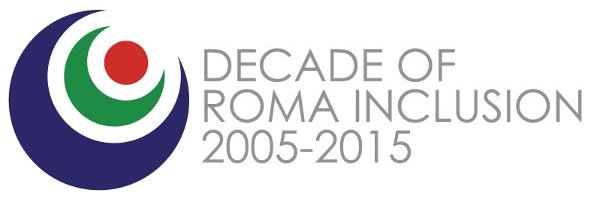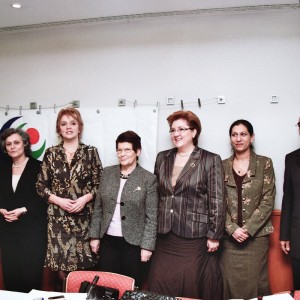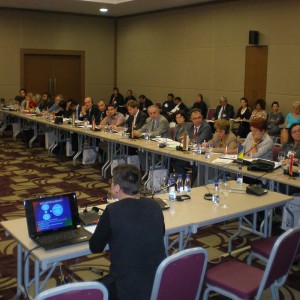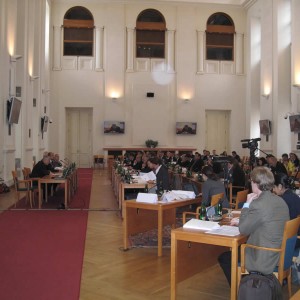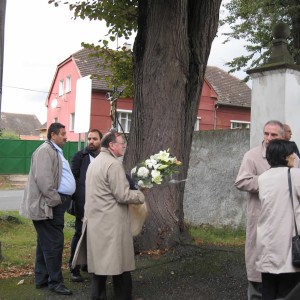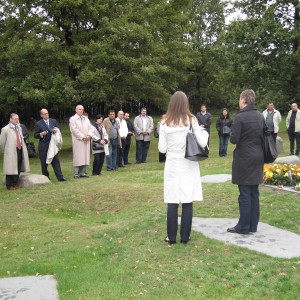Roma Decade and Roma Integration 2020
At the end of the Roma Decade in 2015 it was acknowledged that the Decade served an important role in sparking the process of positive change for the Roma and contributed to the understanding of the problems faced by the Roma, but left significant unfinished business in the actual achievement of its ambitious aim. The European Union was seen as the best platform to take over the legacy of the Roma Decade, using its existing tools to throw new light on the challenges of Roma integration.
Conveying lessons learnt during the Roma Decade to the EU started already in 2009, when the 10 Common Basic Principles on Roma Inclusion were first presented at the meeting of the European Platform for Roma inclusion in Prague. On 8 June 2009 the Council of Ministers in charge of Social Affairs annexed the Principles to their conclusions and invited EU Member States and the Commission to take them into account, which marked the start of the discussions on Roma issues within the EU.
Through the many debates to follow, the EU recognized that the Roma are Europe’s largest ethnic minority largely vulnerable and marginalized. Of an estimated 10-12 million in the whole of Europe, some six million live in the EU, most of them EU citizens. Many Roma in the EU are victims of prejudice and social exclusion, despite the fact that EU countries have banned discrimination.
As a response, EU Institutions have put in place a wide range of legal, policy and financial instruments to support Roma Integration in EU Member States and enlargement countries, thus repeatedly stressing the need for full integration. In 2011, the European Commission adopted the EU Framework for National Roma Integration Strategies up to 2020. The Framework called on Member States to prepare or revise National Roma Integration Strategies that would effectively address the challenges of Roma inclusion in four priority areas of education, employment, housing and health. The Framework was open to enlargement countries as well, where civil registration was an additional priority area. This was followed by the appointment of National Contact Points in all economies who had the authority and capacity to coordinate the development, implementation, and monitoring of the National Roma Integration Strategies and constitute National Platforms - consultative mechanisms in the policy formulation, implementation and monitoring, ensuring participation of Roma in the policy process, funded by the EU.
Since 2016, with support of the European Commission and Open Society Foundation, implemented by the Regional Cooperation Council (RCC), the Roma Integration 2020 has mirrored the efforts and support of the European Union for Roma integration within the EU Member States in the enlargement region economies: Albania, Bosnia and Herzegovina, Kosovo*, Serbia, North Macedonia, Montenegro, Serbia and Turkey.
It assists participating governments in setting similar institutional structure and mechanisms with the National Roma Contact Points and National Platforms, context specific capacity building and advice on proper formulation, budgeting, implementation and monitoring of Roma integration policy; it provides for regional cooperation, policy setting, sharing of knowledge and exchange through regional workshops, task force and high level meetings and links the whole process in the enlargement countries with the EU accession and EU Framework through annual reporting and participation in the EU and international level processes on Roma integration.
The action will maintain this focus in the second phase, starting from 2019, concentrating the efforts on feasible and effective measures to facilitate implementation and support progress towards the overall objective of reducing the socio-economic gap between the Roma and non-Roma population in the Western Balkans and Turkey and strengthening the institutional obligations of governments to incorporate and deliver specific Roma integration goals in mainstream policy developments.
